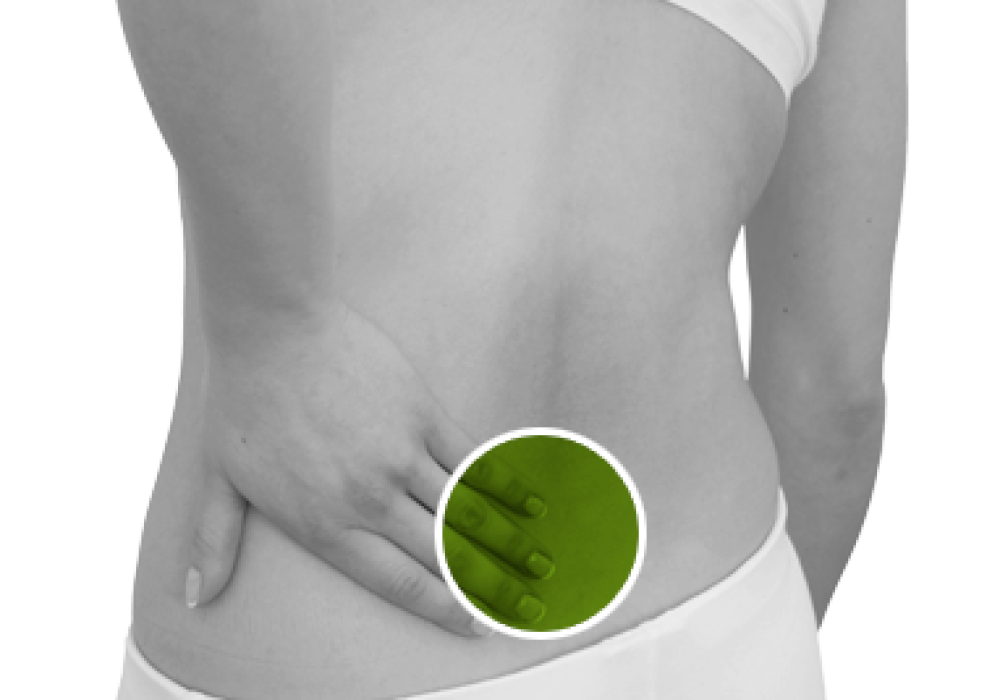
Sciatica is in fact a set of symptoms and it is not actually a diagnosis as is commonly thought. Low back pain, buttock pain and leg pain are the typical symptoms of sciatica but you do not have to have all of these to have sciatica.
Sciatica results from the compression or the irritation of the sciatic nerve which exits the spine in the low back and travels into the leg. On its route into the leg the sciatic nerve has to pass through bones, joints, ligaments and muscles in the low back, buttocks and leg. There is not much space for error in these areas so sometimes the nerve can be irritated by surrounding tissues for example if they are inflamed or in spasm.
The sciatic nerve’s job is to supply sensation and muscle power to most of the lower limb so if it’s irritated or injured you are going to feel this as either pain or weakness into the leg. Nerve pain can feel like a hot shooting pain but it can also be pins and needles, tingling and even complete numbness.
There are many tissues that can cause compression or irritation of the sciatic nerve. Classically many people think of a ‘slipped’ or prolapsed intervertebral disc. The disc itself never slips but a small amount of chewing gum like material that acts like a cushion in the centre of the disc can move and sit on the sciatic nerve just as it exits the spine causing sciatica (also called nerve root irritation). This can happen gradually over time or with a trauma such as bending and twisting or lifting something heavy incorrectly. Tissue swelling from trauma or injury and muscle spasm can also give you sciatica and there are many low back conditions that can give you ‘sciatica like symptoms’ but actually the sciatic nerve is unaffected. Your osteopath will be able to let you know or advise you on further investigations.
A true case of sciatic nerve compression is rare but horrible and unfortunately, depending on the cause, it can take a long time for the symptoms to go. Recovery is based on a number of factors which include good advice from the start. Our Osteopaths are able to give you this advice for example with exercise prescription and lifestyle changes during you rehabilitation as well treatment to relieve muscle spasm and decompression of the spine and sciatic nerve itself.
Osteopaths are highly trained to identify if you are suffering from sciatica using a number of neurological and orthopaedic tests. However it is not always possible to relieve true sciatica with just Osteopathic treatment and your osteopath will know when to send you for further investigations or a different treatment approach.
Find out more about our Physio Joe including what his 3 famous dinner party...
We KNOW the exercise is good for us...but maintaining that motivation can be...
Our Colchester Osteopath Matt shares five simple stretches to help ease...
Get active and motivated with the wide range of resources from Active...
Our Colchester Osteopaths share their own 14 self care...